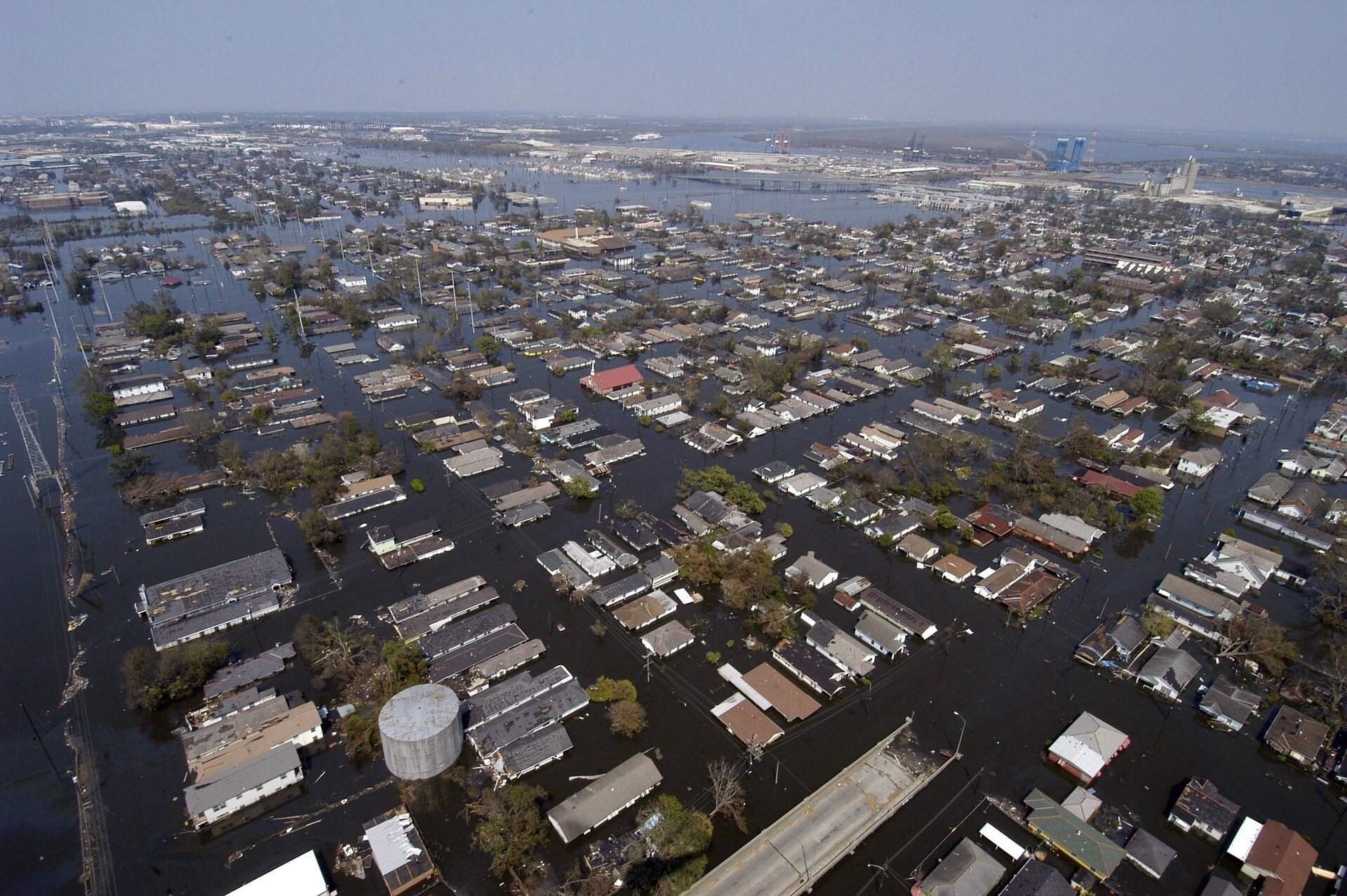2020 is predicted to be the hottest year on record, according to NASA

Data from NASA shows the Earth has gradually gotten hotter since the late 19th century. Image: REUTERS/Jon Nazca

Get involved with our crowdsourced digital platform to deliver impact at scale
Stay up to date:
Global Risks
- The Earth has been heating up since the 19th century, according to data from NASA.
- Since the year 2000, this trend seems to have accelerated.
- 2020 is predicted to be the hottest year on record.
- This spike in temperature could have catastrophic consequences for the planet.
Data from NASA shows the Earth gradually heating up since the late 19th century. Since the year 2000, this trend seems to have accelerated as shown in the visualization of the data released. May 2020 was about 1.5° C hotter than the average month recorded on Earth since 1880.
As seen by the monthly temperatures of selected years since 1880, winter temperature is naturally below the multiyear mean of the reference period, which is a single figure showing the monthly mean temperature over a long period of time irrespective of seasons. Summer temperatures are naturally above the base period multiyear mean but have been diverging further and further from it.
As confirmed by NASA and NOAA, the months from February to April 2020 were the second-warmest of their kind ever recorded, while January and May 2020 about tied with their 2016 counterparts (also the year when the hottest ever February, March and April occurred).
Scientists at NOAA are already projecting that 2020 will end up being the hottest year ever recorded. As of now, 2016 exceeded the Earth's mean temperature most (calculated for the years from 1980 to 2015 and used as a reference period for the chart).
2019, the current runner-up, was also really scorching and is - as of now - the second-hottest year ever recorded. As it stands, July 2019 was the warmest month ever recorded on Earth.
The global data for near-surface temperatures comes from onshore weather stations as well as from ship, buoys and satellite measurements of the oceans. According to scientific findings, the continuing global warming will lead to changes in the strength, frequency, spatial extent and duration of extreme weather events.
Don't miss any update on this topic
Create a free account and access your personalized content collection with our latest publications and analyses.
License and Republishing
World Economic Forum articles may be republished in accordance with the Creative Commons Attribution-NonCommercial-NoDerivatives 4.0 International Public License, and in accordance with our Terms of Use.
The views expressed in this article are those of the author alone and not the World Economic Forum.
Related topics:
The Agenda Weekly
A weekly update of the most important issues driving the global agenda
You can unsubscribe at any time using the link in our emails. For more details, review our privacy policy.
More on Global RisksSee all
Gareth Byatt and Ilan Kelman
March 11, 2024
Andrea Willige
March 6, 2024
Richard Aster
November 15, 2023
Ian Shine and Rebecca Geldard
November 14, 2023
Andrea Willige
October 26, 2023
Simon Torkington
September 14, 2023







